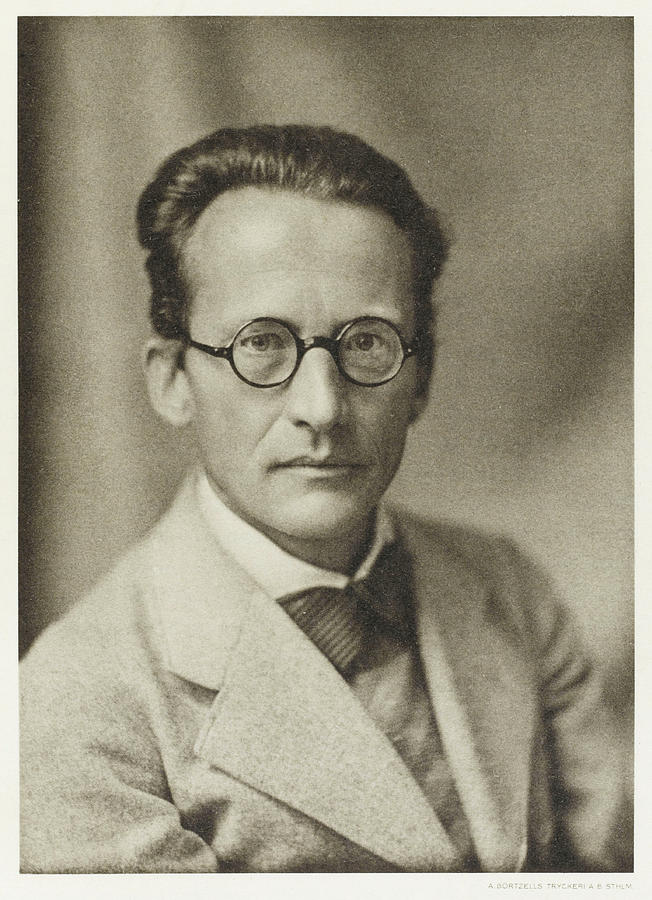"The I That Is God" as translated in Quantum Questions: Mystical Writings of the World's Great Physicists (1984) edited by Ken Wilber
Kontext: In itself, the insight is not new. The earliest records, to my knowledge, date back some 2500 years or more... the recognition ATMAN = BRAHMAN (the personal self equals the omnipresent, all-comprehending eternal self) was in Indian thought considered, far from being blasphemous, to represent the quintessence of deepest insight into the happenings of the world. The striving of all the scholars of Vedanta was after having learnt to pronounce with their lips, really assimilate in their minds this grandest of all thoughts.
Again, the mystics of many centuries, independently, yet in perfect harmony with each other (somewhat like the particles in an ideal gas) have described, each of them, the unique experience of his or her life in terms that can be condensed in the phrase: DEUS FACTUS SUM (I have become God).
To Western ideology, the thought has remained a stranger... in spite of those true lovers who, as they look into each other's eyes, become aware that their thought and their joy are numerically one, not merely similar or identical...
